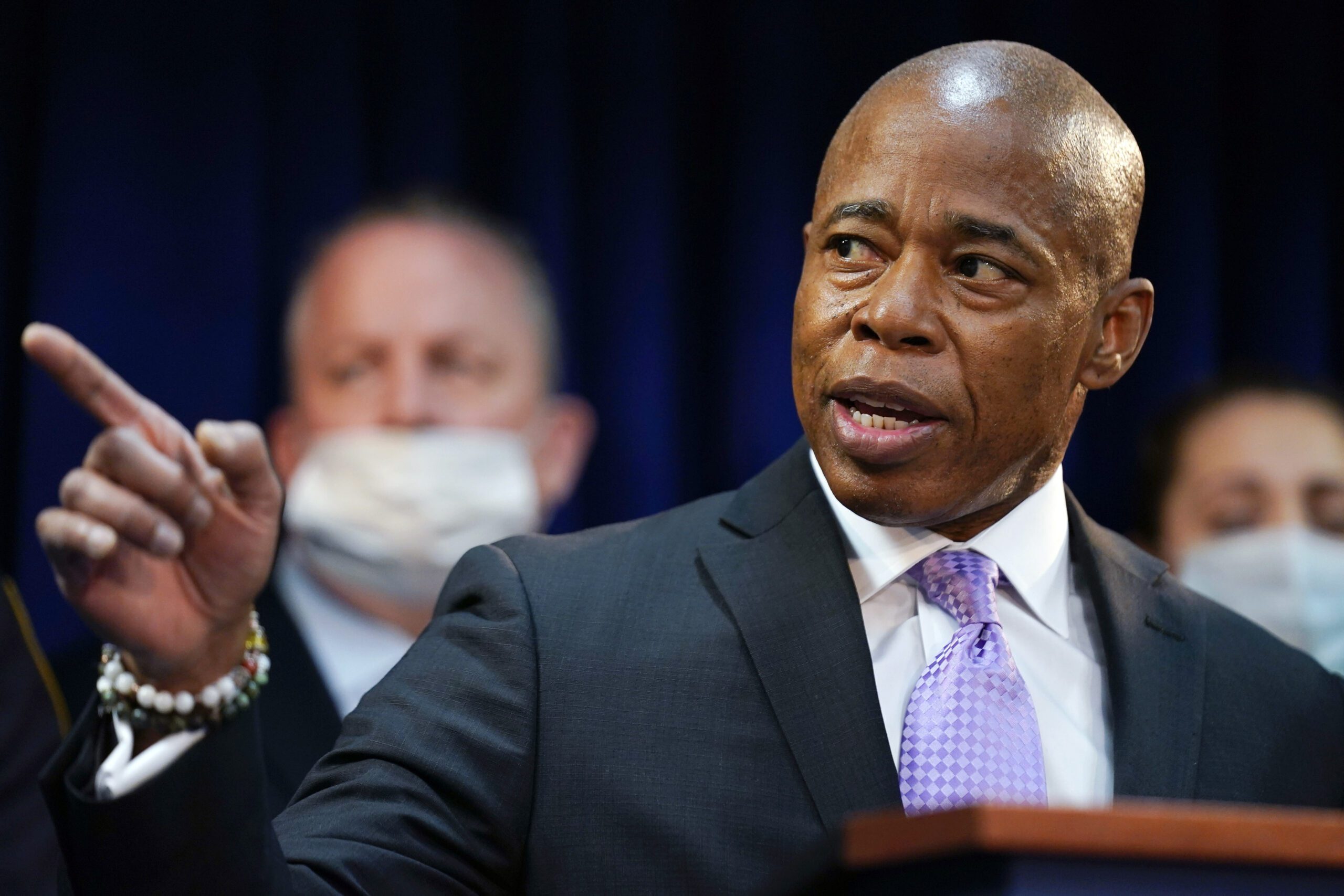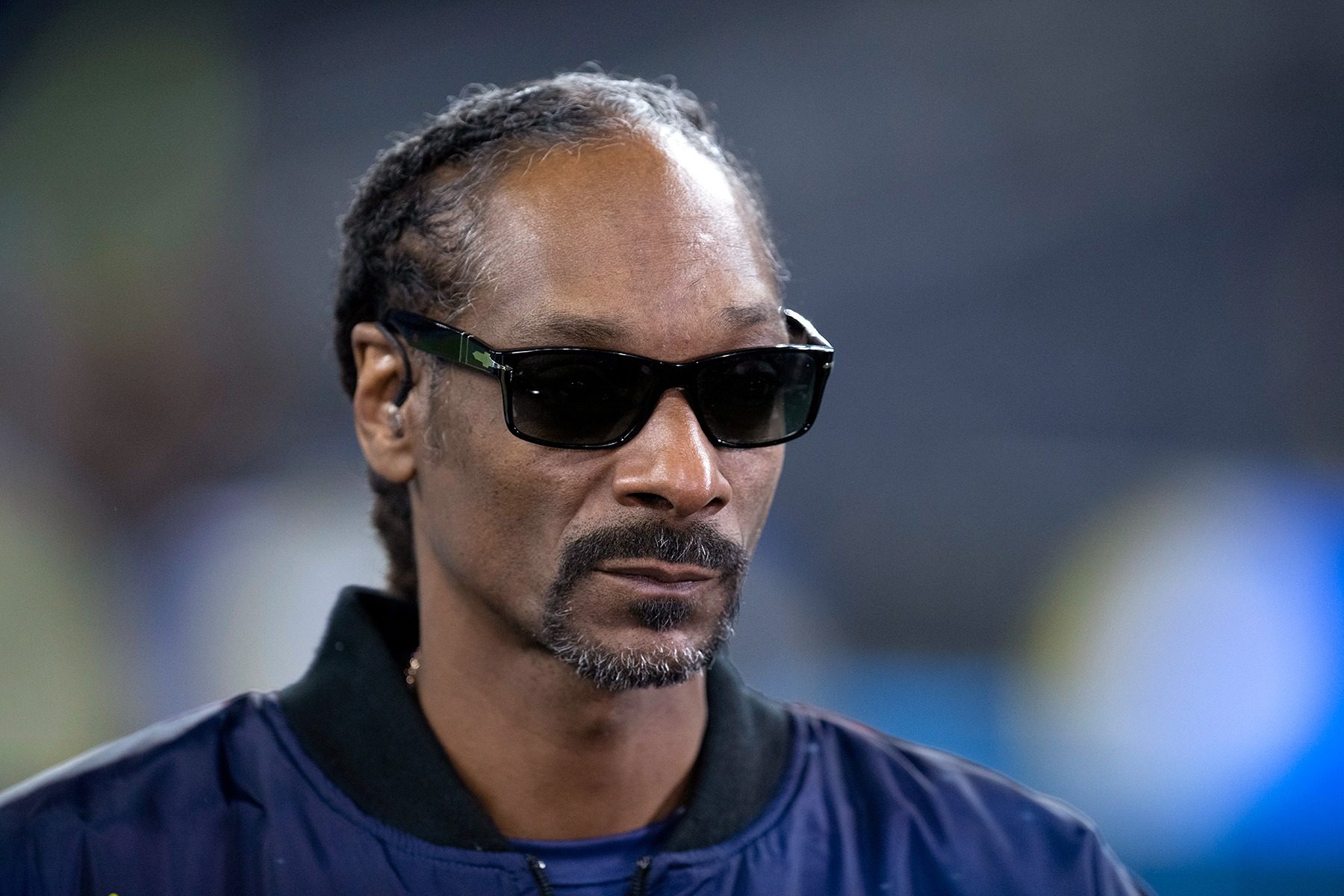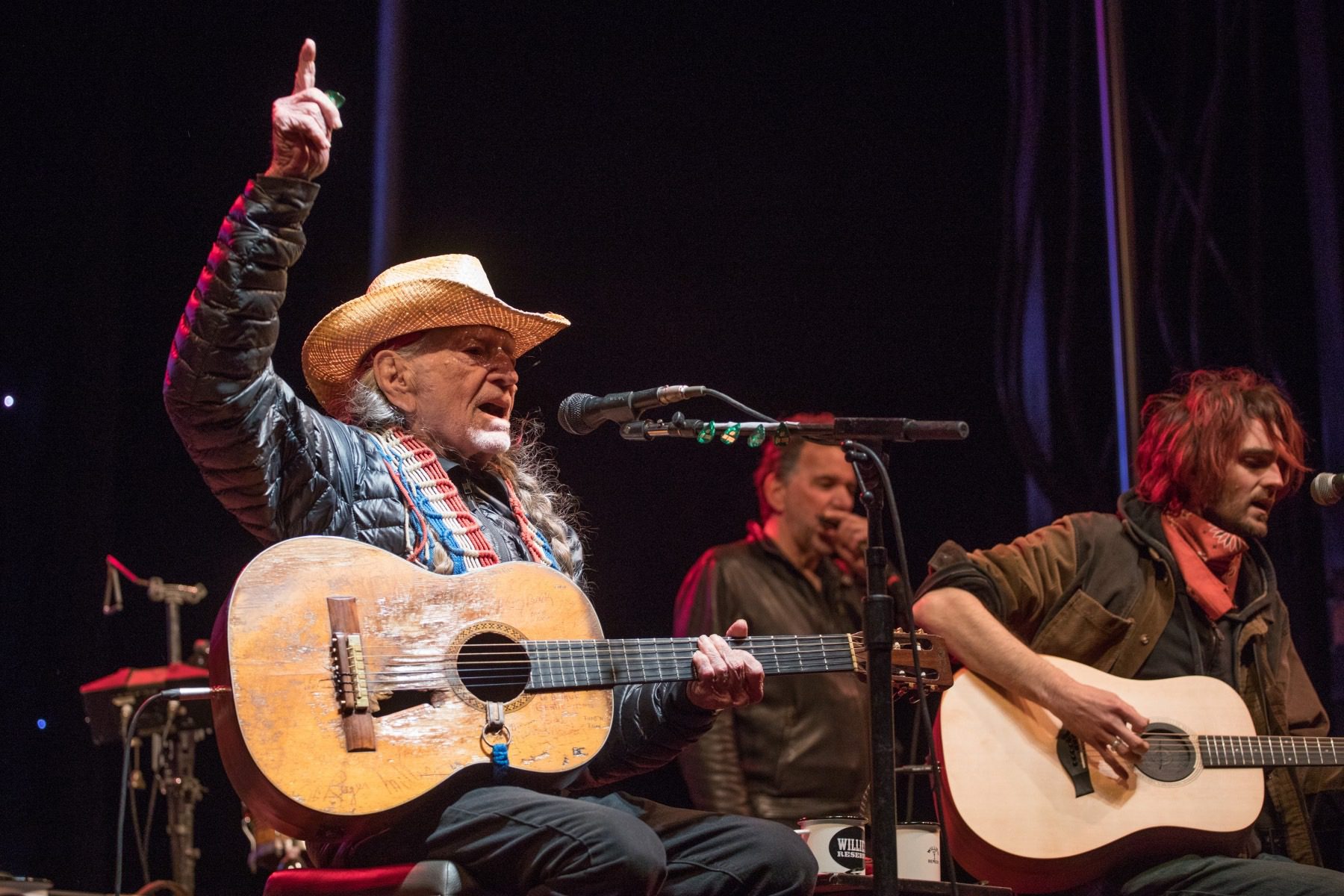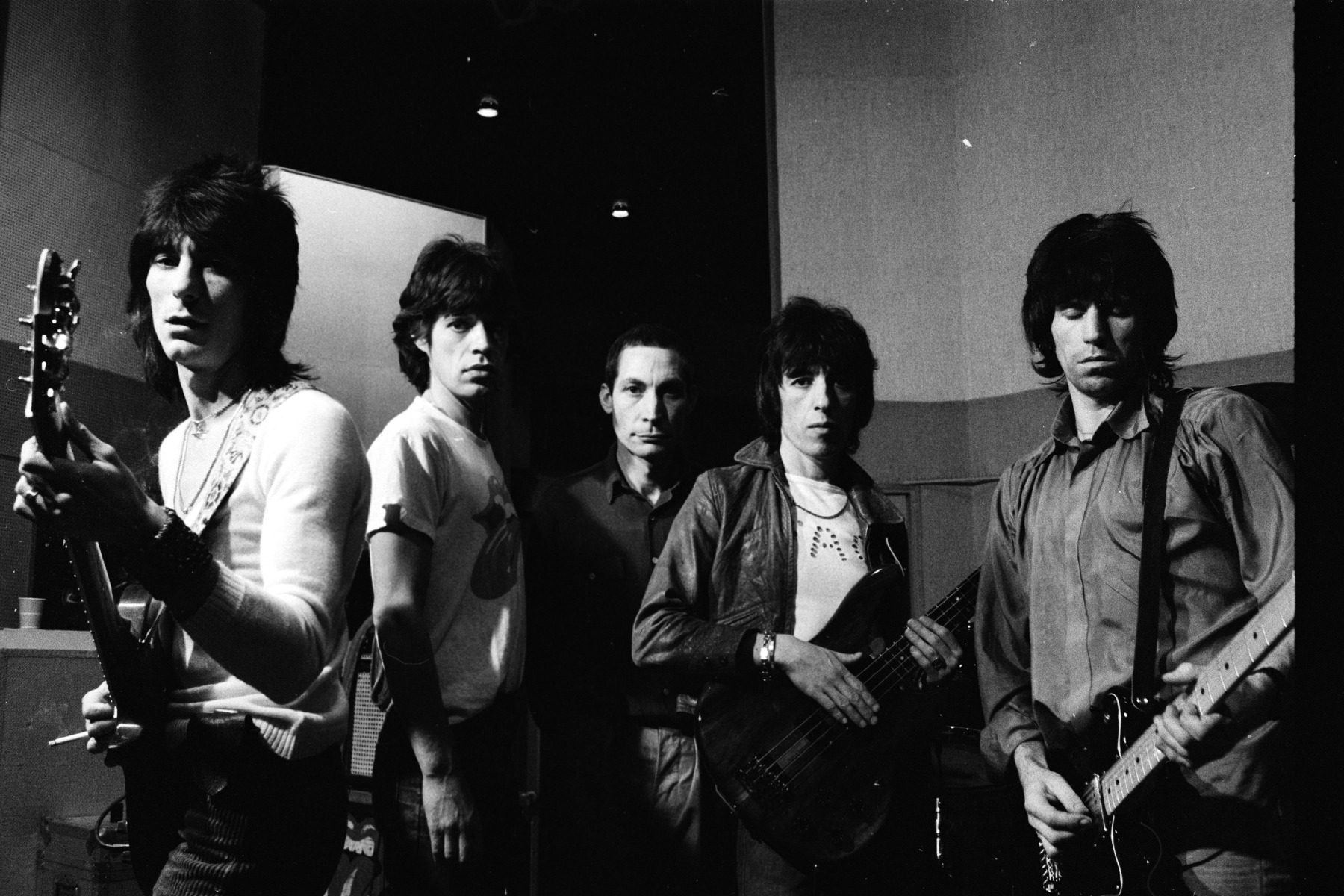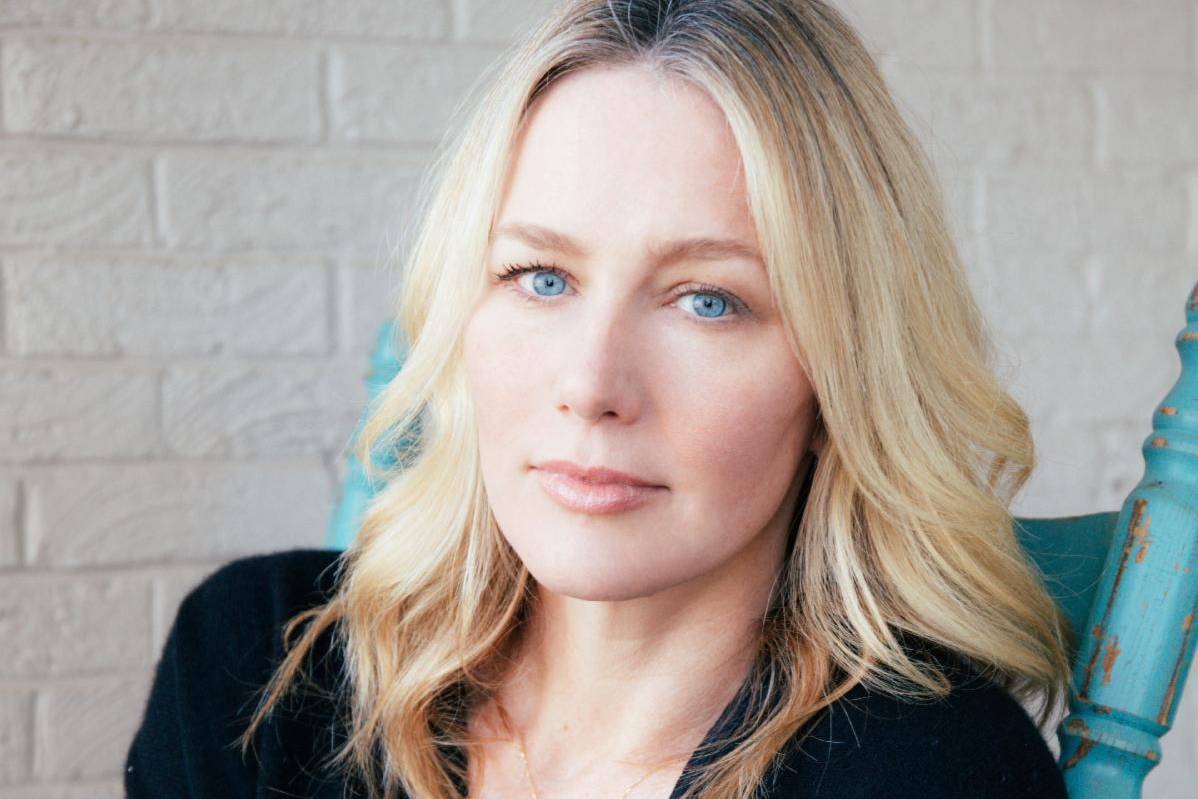
Allison Moorer Wrote a Book About Her Son’s Autism. His Melodies Inspired Moorer’s New Music
Allison Moorer’s son John Henry was playing in a New York City park in 2019 when he climbed an old, squeaky glider and began stomping his foot to its rhythm, then singing along. Using video of John Henry’s instinctive performance that his teacher had sent, Moorer’s longtime musical collaborator Kenny Greenberg created a loop while she crafted a hypnotic, soaring anthem to accompany it.
Those unique melodies and compelling rhythms imagined by John Henry can heard throughout “All We Have Is Now,” the first track from Moorer’s new EP Wish for You, which Greenberg produced. A slight stylistic departure from her past work with its use of found sounds and looped beats, Wish for You is a companion piece to Moorer’s second book, I Dream He Talks to Me: A Memoir of Learning How to Listen, which detailed coming to terms with John Henry’s autism. Diagnosed at 23 months old, her son’s severe speech disability hinders his capacity for spoken language. It was while Moorer was helping him learn sign language that she discovered his love for music.
blogherads.adq.push(function () {
blogherads
.defineSlot( ‘medrec’, ‘gpt-dsk-tab-country-article-inbody1-uid0’ )
.setTargeting( ‘pos’, [“mid-article”,”mid”,”in-article1″,”btf”] )
.setSubAdUnitPath(“music//country//article//inbody1”)
.addSize([[300,250],[620,350],[2,2],[3,3],[2,4],[4,2]])
;
});
“I don’t know that I would ever come up with [that melody],” Moorer says. “That would probably never come to me because that particular melody is rooted in something that is not in me. Maybe it has something to do with the music that John Henry has been exposed to.” Moorer cites John Henry’s New York City birthplace and his musical family — John Henry’s father, Steve Earle, and stepfather Hayes Carll are both musicians, as is his aunt, the singer-songwriter Shelby Lynne. “We all listen to everything all the time, and so he has a lot more exposure to a lot more different kinds of music than I did. But I feel like John Henry is maybe hooked into something that I, as a supposed neurotypical person, am not.”
Moorer became enthralled with the ability to connect with her son through music, especially when considering the myriad mysteries that still surround the causes and effects of autism. “We do connect through music like human beings do. But not in the way that I connect with Kenny when we’re in the studio and not in the way that I connect with the musicians when I’m playing live,” Moorer, whose previous book Blood chronicles the deaths of her and Lynne’s parents, points out. “It’s a quieter thing; it’s more an internal thing. It’s about us communicating in an almost telepathic way. I can only imagine what’s really in there that he hasn’t figured out a way to express yet.”
When it came to writing the book, Moorer penned much of it in real time. She approaches the subject with both refreshing candor and much-needed humor, but admits she initially struggled with whether she had the right to share intimate details of her son’s life without his ability to grant her permission.
“I wrestled with all of that. I still do,” she says. “I know that there is a population out there that is very ready to condemn me for what I did. And I completely understand it. There are people [within the special-needs community] who advocate for people with autism, who can’t necessarily communicate with words. That group of people would say, ‘Well, you have no right to do that,’ which I totally get. But as a parent I have a different take on that. When I wrote Blood, that was largely an exercise about remembering, looking back, how we build our memories, what makes up our memories and what sticks with us and why. But I am not blithely going through this experience as if it affects no one but me.”
The book also touches on the challenges of Moorer and John Henry navigating everything from daily routines and rituals to air travel and occasional difficulties with impatient strangers. Like any parent, Moorer observes her son’s behavior closely, but knows the key to understanding his autism and finding normalcy in challenging circumstances is balance and acceptance.
blogherads.adq.push(function () {
blogherads
.defineSlot( ‘medrec’, ‘gpt-dsk-tab-country-article-inbody2-uid1’ )
.setTargeting( ‘pos’, [“mid-article”,”mid”,”in-article2″,”btf”] )
.setSubAdUnitPath(“music//country//article//inbody2”)
.addSize([[300,250],[300,251],[620,350],[2,4],[4,2]])
.setLazyLoadMultiplier(2)
;
});
“He was six or seven years old before I started to go, ‘Wait a minute. I’m trying to fix this. I’m trying to change who he clearly is,’” she says. “That’s probably not the best, most painless way to go through this experience. It can be very isolating to be in a relationship with your child when it is one where you’re left out of things, when you feel like you can’t go out in the world without being armed for bear because you don’t know what’s going to happen and what effect the environment is going to have on the child.”
Ultimately, both the book and the EP are love letters to fellow parents dealing with extreme circumstances. “Although there are some difficult things in the book, I hope the overall effect is one of peace, love, respect, faith, belief, and making the best of whatever your situation is,” Moorer says.
Allison Moorer and Shelby Lynne will begin a seven-city tour together on April 25 at Nashville’s City Winery. On Friday, Feb. 11, at 6:30 p.m. CT, Moorer will read passages from I Dream He Talks to Me at an online-only event from Nashville’s Parnassus Books.
